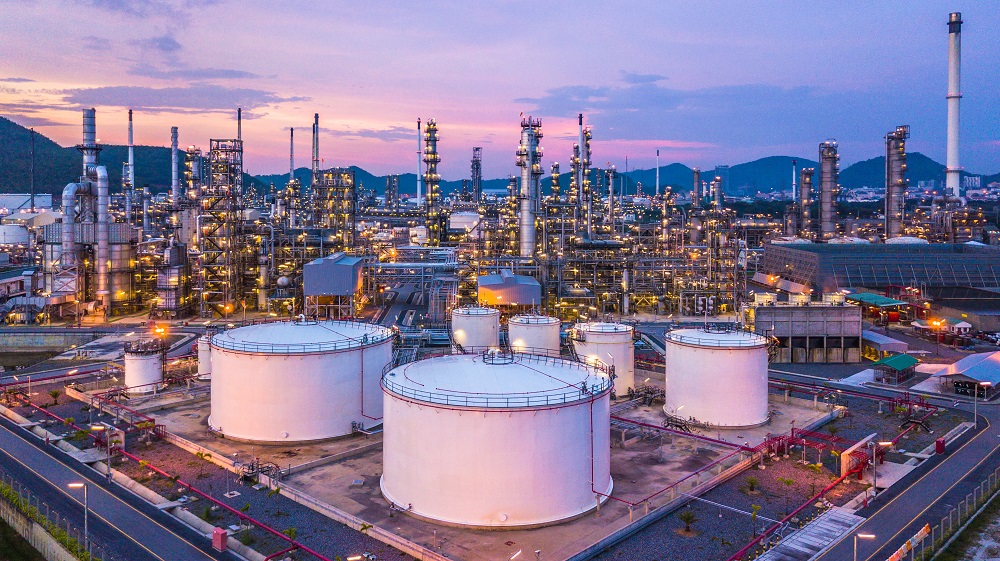 The Nepal Weekly
The Nepal Weekly  August 1, 2023
August 1, 2023
By Monica Neupane
As the capital city of Nepal, Kathmandu’s population has soared, there was a rise of urbanization, leading to the procreation of vehicles on the roads.
Urbanization demanded better transportation, but the geographical structure of the valley resulted in an alarming rise in exhaust fumes and pollutants released into the atmosphere. ‘The major cause of the degradation in air quality is due to fuel used by vehicles in the valley. Kathmandu being home to more than 3 million residents is likely to suffer from high level air pollutants, such as particulate matter, carbon monoxide, nitrogen oxides and hydrocarbons in high levels due to increase in number of vehicles, particularly vehicles, old buses which is powered by fossil fuel and diesel.

April, 2023 a local news portal published that “It is unacceptable that 42,000 people died in Nepal in 2019 due to indoor and outdoor air pollution. Furthermore, 19% of the total deaths due to air pollution were children under 5 years of age, and 27% were of the age group above 70 years. These figures are alarming and demand immediate action from the government” As the pollutants accumulate in the atmosphere, contributing to the formation of smog leads to serious respiratory short term effects such as coughing, wheezing, shortness of breath, loss of visibility, irritable eyesight and many more. Prolonged exposure to air pollution is linked to lung diseases such as asthma, bronchitis, chronic obstructive pulmonary disease (COPD), even cardiovascular conditions.
While the city is on the move towards development, comes the consequences of degrading quality of environmental factors, poor air quality, waste management, degrading water quality and many more and the question is ‘Is this what we want in the name of development?’ This is not just the case of Kathmandu city, major cities of the world such as Delhi, Hotan, Baghdad, Lahore and more in the list followed not just affecting the quality of environment, degrading biodiversity as well as impacting human health.
On July 22nd, the climate clock ticks down to 5 years, a symbol of our goal to achieve a fossil fuel free future within the time limit. However, nations have not yet agreed to put fossil fuel phase-out on the COP28 agenda. This leaves a question: what do we want for our future and what should be our common agenda?

